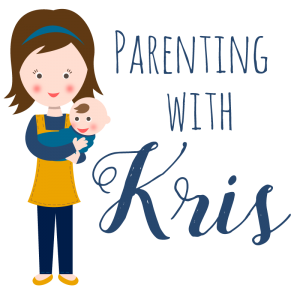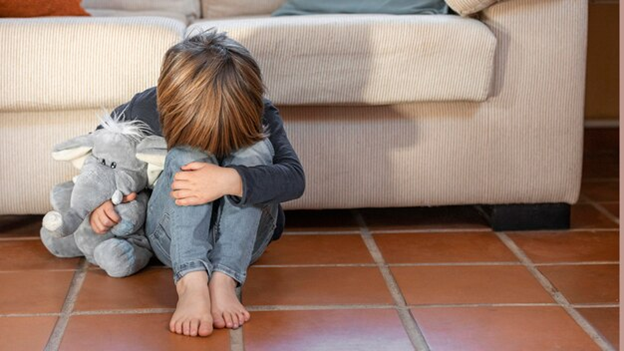



Image courtesy of Freepik.com via Parenting with Kris
Child abuse is a critical and often concealed issue with long-lasting impacts on a child's life. It's imperative for both parents and children to recognize the signs of abuse and understand how to respond effectively. Shedding light on these signs and offering guidance on how to navigate these challenging situations is essential for the safety and well-being of children - this article shared below by Danger Aware can help you spot the signs.
One of the most noticeable indicators of abuse in children is a sudden change in their behavior. Children who are experiencing abuse might become noticeably withdrawn, unusually aggressive, or excessively clingy. These behavioral shifts often become more apparent in social settings or during routine activities. For instance, a child who was once outgoing might suddenly seem hesitant to interact with others, or a typically calm child might start showing unexplained bouts of anger. Such drastic changes should alert parents to probe further into their child's well-being.
Children who suddenly exhibit fear toward certain people, places, or situations might be signaling that they feel threatened or harmed in those contexts. For example, a child who used to enjoy visiting a relative might start showing reluctance or fear at the mention of their name. This fear can be a sign that the child associates that person or place with a negative or harmful experience. Parents should take such fears seriously and explore the reasons behind these sudden changes in attitude.
Another red flag is significant changes in a child's eating and sleeping patterns. Loss of appetite or overeating, along with disturbances in sleeping patterns like insomnia or frequent nightmares, can indicate emotional distress stemming from abuse. These changes might be the child's response to the anxiety and stress caused by abuse, serving as a non-verbal plea for help.
If your child begins to show any of these signs, start by having a safe, open conversation about their feelings. Tell them that they're not in trouble and you just want to make sure they're OK. Bear in mind that they might not be ready to talk, so don't push. Ultimately, the goal is to ensure they know that they can always come to you when they're ready, and that you want to protect them.
Whether or not your child is being abused, make it a point to spend more time with them. It should be a priority in your daily schedule no matter how busy you are; not only does it give you the opportunity to talk more with your child, gives them reassurance that you'll always be there. It can help build the trust needed for them to feel safe enough to share any issues they may be having.
A child's performance and behavior at school can also be a telling sign of abuse. A noticeable decline in academic performance, frequent absences, or a sudden reluctance to go to school may suggest that the child is dealing with issues related to abuse. School often acts as a secondary home for children, and any changes in their behavior or performance there can mirror troubles in their personal life.
To all children: remember that your body belongs to you, and no one should touch you in a way that makes you feel uncomfortable. If anyone; be it a family member, a friend, or someone else, touches you in a way that makes you uneasy, it's completely okay to say "no" and to tell a grown-up whom you trust about what happened. Your feelings and safety are important, and adults are there to protect and help you.
It's crucial to understand that not all secrets are good. If someone tells you to keep a secret that makes you feel bad, scared, or uncomfortable, it's important to tell a parent, teacher, or another adult you trust. Secrets that hurt you are not okay, and sharing them with a trusted adult can help you feel safe again.
If you feel scared, uncomfortable, or confused about how someone is treating you, you should talk about those feelings with an adult you trust. It can be a parent, a teacher, a counselor, or any other adult who makes you feel safe. Your feelings are valid, and talking about them can help you understand what is happening and what to do next.
(Added by Danger Aware - Tell MANY people, telling one person may not be enough, telling more people leads to better results.)
Asking for help is always okay, no matter what the problem is. If you're facing something that scares or confuses you, or if someone is treating you in a way that doesn't feel right, reach out to your parents, teachers, counselors, or any trusted adult. Remember, seeking help is a brave and smart thing to do.
Child abuse, a deeply concerning issue, requires both awareness and action. By understanding the signs of abuse and knowing how to respond, both parents and children can take crucial steps toward safety and healing. It's about creating a supportive and protective environment where the well-being of children is a priority. By breaking the silence and reaching out for help, we can shield our children from harm and guide them toward a safer, healthier future.
